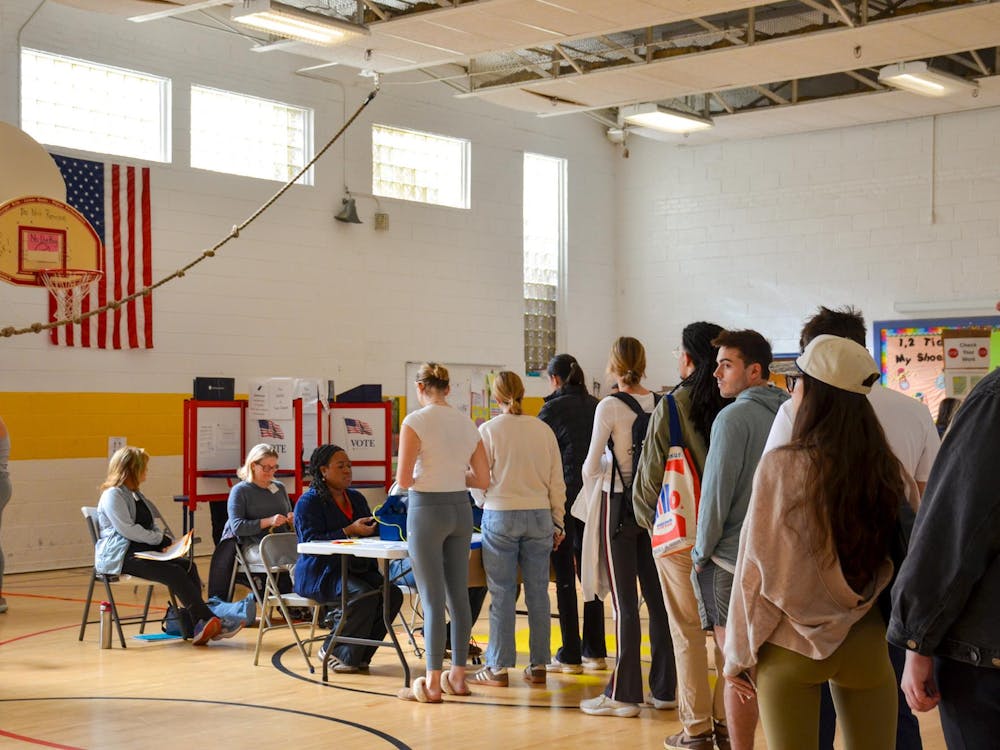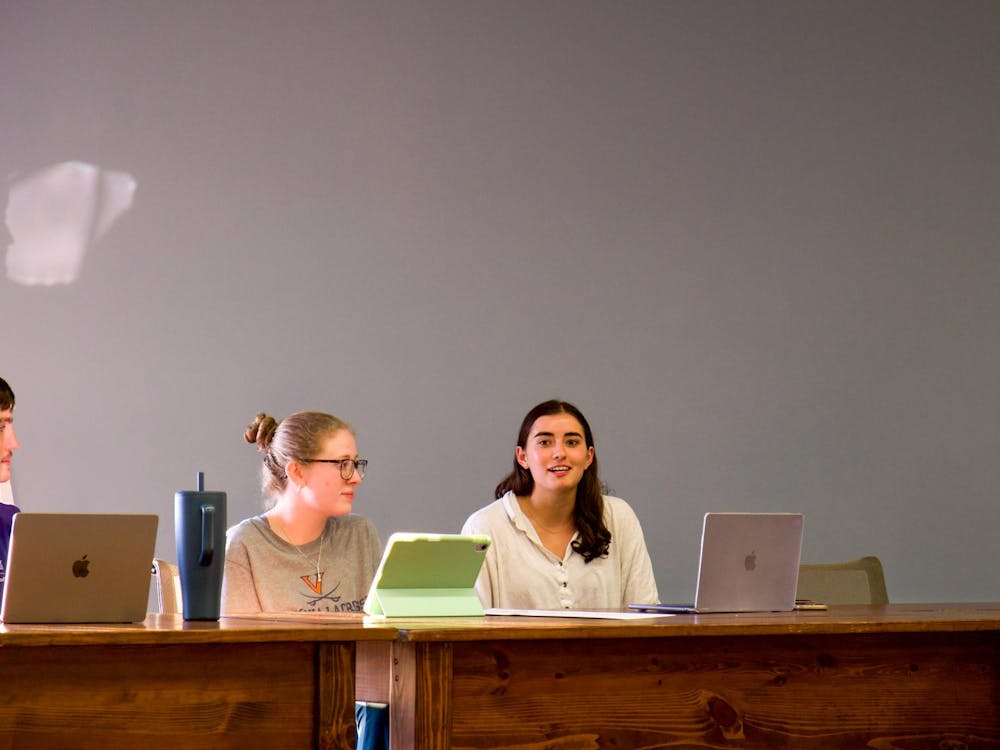Civic literacy does necessarily go hand in hand with a college degree, according to a study released by the Intercollegiate Studies Institute last Thursday.
“We thought it might be good to look at how Americans of all educational attainments did, so we could compare and contrast and isolate the impact of college,” said Richard Brake, ISI director of university stewardship.
On average, college graduates scored 57 percent on the study’s civic literacy test, while high school graduates scored 44 percent, Brake said. Nearly three-fourths of the 2,500 surveyed failed the test, which included questions from immigration tests and the National Assessment of Educational Progress exam, Brake said.
“It does raise questions about the way our educational systems have worked,” University History Dept. Chair Duane Osheim said.
On average, today’s college students only take about three to four history, economic and political philosophy courses, Brake said, adding that the wide range of courses students can choose from may not lead them to focus on gaining a strong civic education.
“You have a broader kind of knowledge but a less depth of knowledge,” Brake said. “Maybe a little bit more focus is in order.”
Unlike current college students, baby boomers scored higher on the study’s test, Brake said. He explained that school curricula changed in the 1960s, adding that it is possible that baby boomers worked with more limited curricula and subsequently scored higher.
As a result of the study, Brake said ISI wants to challenge institutes of higher education to do a better job imparting civic knowledge upon students.
“We do think the future of the republic is at stake when college [graduates] can’t identify the major institutions of our government,” Brake said. He added though, that as this is only the third year this survey has been conducted, the current results are opportunities for further research.
University Politics Prof. James Ceaser said civic education is “something that should be taken very seriously by institutions of higher education.” He added that the University strives to make civic education an integral part of its curriculum because it was one purpose of the University set forth by Thomas Jefferson upon its founding. The University, he said, has made specific efforts to ensure its students receive an adequate civic education and has used funds from state, federal and private sources to establish courses in this vein.
“Everyone can see the general importance of the fact that we are all citizens in this country, and in order to be an adequate citizen of this nation, there are certain things you should know,” Ceaser noted.






